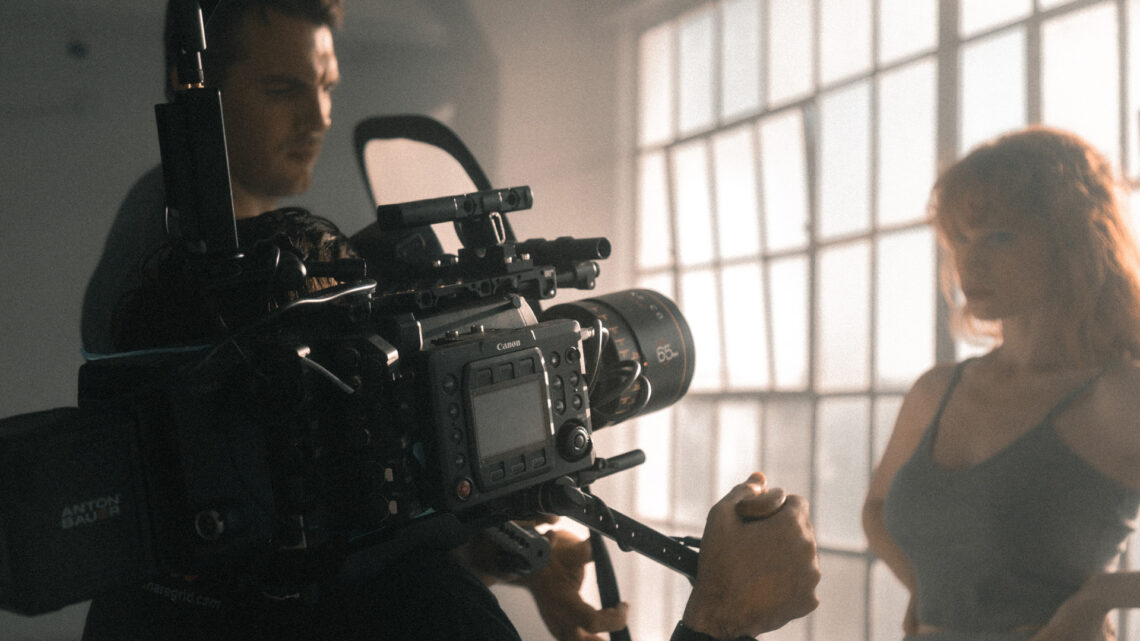I shared some thoughts on Twitter this week about the realities of building a career in film.
This one tweet in particular sparked a lot of discussion:
Don’t feel bad if you have a day job or side business in a separate field. So does almost every director you admire.
Most of them own restaurants, invest in real estate, consult, and do a million other things to keep the lights on between films.
I shared this in hopes of dispelling the myth that there is such a thing as “making it” or “breaking in”.
As filmmakers, we’re often misled early in our careers about the realities of making a living in the industry. That if we make a hit film, we can escape the rat race, be welcomed into Hollywood, and focus on movies 100% of the time.
Most of us build our entire career strategy around the false assumption that this is the experience of successful filmmakers.
Unfortunately though, this scenario is not based in reality.
Let’s say you manage to raise $1MM and make a feature film that beats all odds, gets into Sundance, and sells for a profit.
Once your investors are paid back, the distributors take their cut, the taxes are paid, agents/managers take their fees, and marketing expenses are re-imbursed – you as the filmmaker may be left with very little (if any) profit.
And even if (in this already unlikely scenario) you make a substantial profit, it’s almost certainly not enough to just retire on, or use to fund movies for the rest of your career.
This is why most filmmakers, including those who you love and admire, also have other sources of revenue.
How else would they sustain themselves in the long stretches of sometimes 3 – 5 years (or more) in between films?
They each have built their own system to rely on. Some direct commercials on the side. Others are professors or flip real estate or open a coffee shop. There are a million ways to do it.
The more elaborate examples above apply more directly to filmmakers who have already had financial success. But for newer filmmakers with far more limited means, it can serve as a roadmap too.
Just because you have a day job or work in an unrelated field, doesn’t make you any less of a filmmaker. In my opinion, if you’re willing to do whatever it takes to make your art, that makes you more of an artist.
The sooner you see things this way and apply this philosophy to your own career, the better.
Rather than turn down opportunities because you see them as antithetical to your goals as a filmmaker, you may see new possibilities in unexpected areas that can lead to your best creative work.
That doesn’t mean every day job or side hustle is worth your time, or will be conducive to a creative career.
But it does mean you can seek out opportunities that compliment your creative goals. And view the opportunities you already have through a different lens.
Only by taking a holistic approach to our careers can we sustain ourselves long enough to build a body of work and reach new heights.
For exclusive filmmaking articles every Sunday, sign up for my newsletter here!



1 Comment
Henry Larry
atAbsolutely resonates! Realities of sustaining a filmmaking career often overshadowed by glamorous perceptions. Admiring the resilience of directors embracing diverse paths to thrive amid the industrys ebbs and flows.
Water Damage Restoration Services in Appling GA